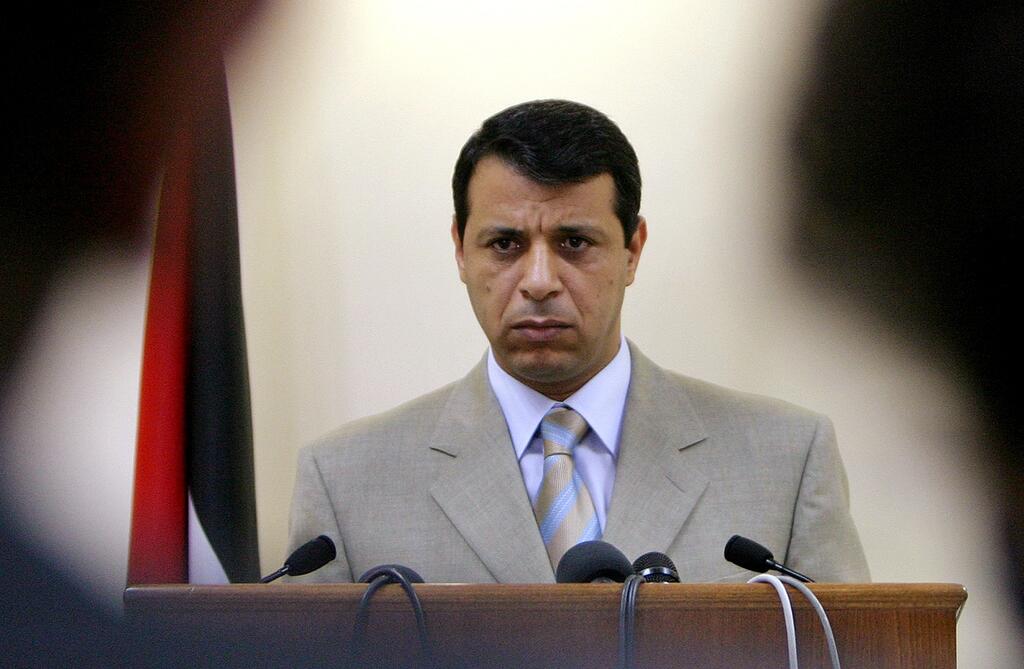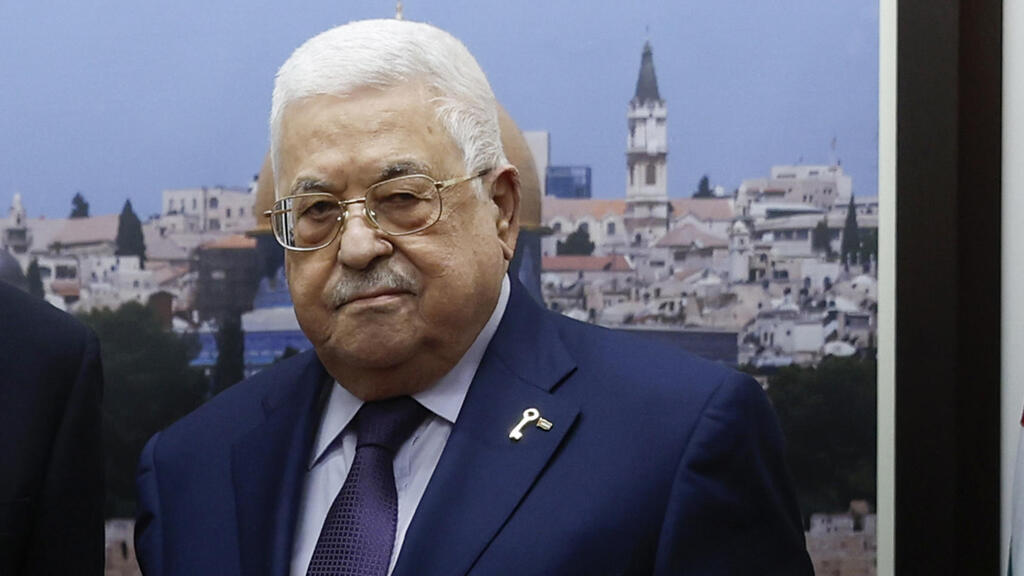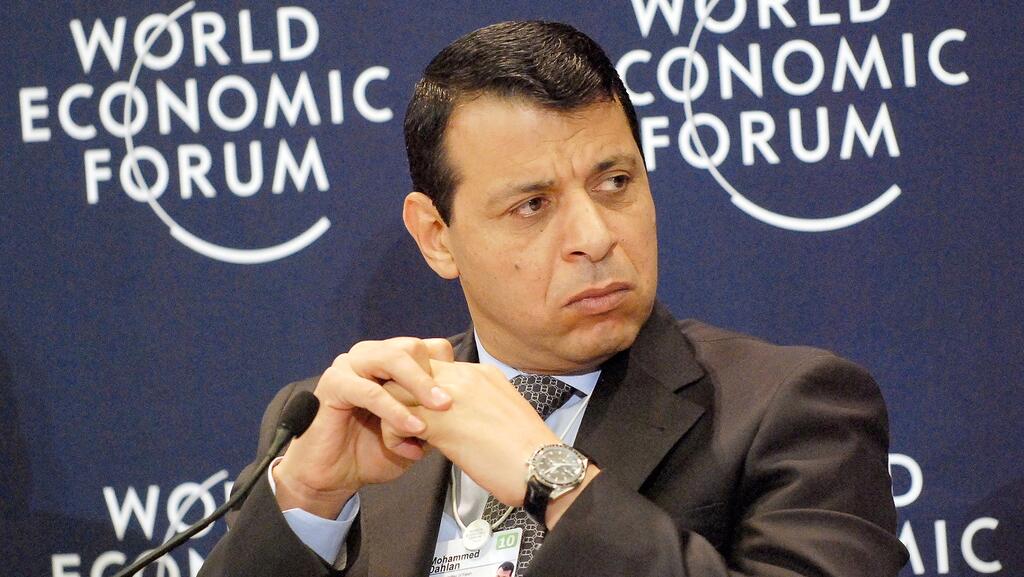Getting your Trinity Audio player ready...
Last week, Mohammed Dahlan, one of the prominent Palestinian leaders in recent years, held an extensive television interview about the future of the Palestinian Authority and Israel’s war in Gaza. Dahlan has become a controversial figure due to his differing views from the Palestinian mainstream, adopting not only a Western lifestyle but also a Western agenda.
More stories:
His statements lack any expression of the Palestinian terminology that revolves around Muqawama (armed resistance), the release of the Al-Aqsa Mosque, and the establishment of a Palestinian state with its capital in East Jerusalem. Essentially, he is perceived as someone who chooses to listen to what Israel has to say.
Like most members of the Palestinian leadership, he has a history of involvement in terrorism. He was implicated in several terror attacks in the Gaza Strip and even served time in an Israeli prison. There’s no dispute about that. However, it seems that he has undergone a transformation since his days as an aide to Yasser Arafat.
As an influential Palestinian figure, he posed a threat to the status of Palestinian President Mahmoud Abbas, to the extent that the latter decided to exile him from the West Bank and revoke his membership in the Fatah’s central committee over a decade ago.
Yet, despite the rift, Dahlan remains highly popular on the Palestinian street. Born in Gaza’s Khan Younis, he enjoys significant public support, garnering favor within Fatah as well.
When Dahlan was asked if he was proud of the events of October 7, he refused to say so. In the Arab world, this is not an obvious position, except perhaps in Saudi Arabia and the UAE, since even moderate Arab countries express support for Hamas and its fight against Israel.
However, it seems that Dahlan is aiming for the top position in the Palestinian arena in the days after Abbas and the war in Gaza. Therefore, he reads the signs correctly and takes care not to align himself with the supporters of the terrorist organization.
A solution has to be found: Prime Minister Benjamin Netanyahu said that following the war in Gaza the Palestinian Authority would have “No Hamas or Fatah,” but beyond that, hasn’t presented any meaningful alternative. Such a situation could leave a power vacuum for a new, perhaps more radical, terrorist organization to fill.
If Netanyahu believes he can impose a solution that will not be accepted by the Palestinians, or at least to most of them, he’s mistaken. This will only lead to a crisis that will force Israel to intervene and bear the civic burden of a currently weak authority, which can’t restrain corrupt leaders and isn’t accepted by the majority of the Palestinian population in the West Bank.
Where does Dahlan stand regarding Israel? He has stated more than once that he no longer believes in the two-state solution, acknowledges the existence of Israeli settlements in the West Bank, and sees no territory for a viable independent Palestinian state in the current time. But at the same time he believes in resuming the peace process between Palestinians and Israelis.
 Einav Halabi
Einav Halabi In the current power vacuum in the Gaza Strip and West Bank, and against the backdrop of U.S. attempts to formulate — with the assistance of other Arab countries — a new plan for the Palestinian Authority that would bring hope for shared living without terrorism and prolonged conflict in the region, Dahlan may be the right person for the benefit of both peoples.
Einav Halabi is a Ynet and Yedioth Ahronoth correspondent reporting on the Arab and Palestinian world.






